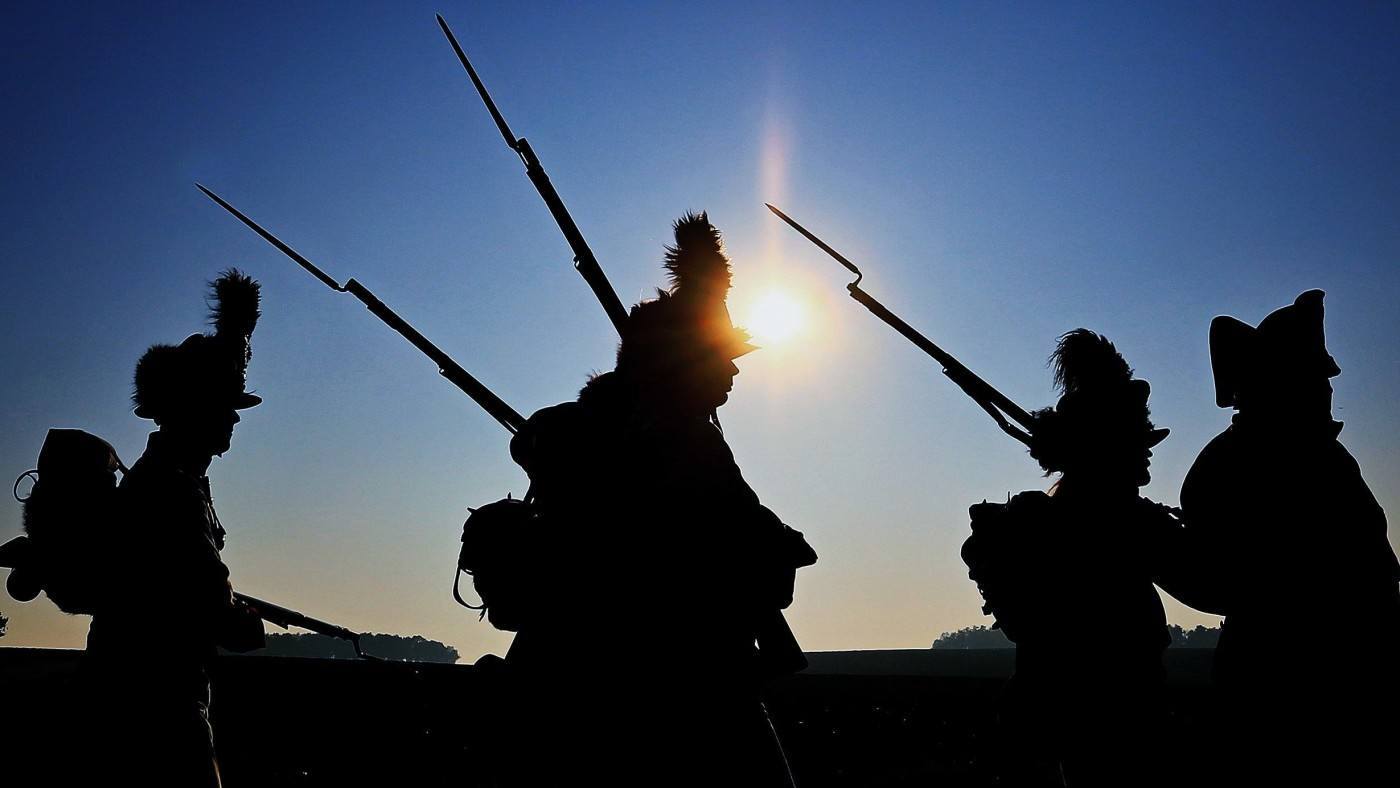The BBC’s new adaptation of War and Peace contains some fine “period acting” — ie acting as if you are somewhere generally in the midst of the early 19th century. The costumes are nice. The portrayal of the female characters deeper than in any previous version. But…
What the hell were they doing at Austerlitz? Austerlitz is not only a major historical battle, of socio-political significance: it is given this significance, and more, in the novel. It is the “Act One Climax” in Hollywood terms.
In the novel Tolstoy uses Austerlitz to amplify the theme, already established, of the pity and sorrow of warfare. We actually see men who despise, hate, love, worry about, go through the combat: it was, much more than Borodino which follows it in the narrative, a kind of Dunkirk or Stalingrad experience.
The Beeb, having splurged its budget on famous actors and non-battle locations, just wrote Austerlitz as a “battle from central casting” in which one side advances the other retreats, Andrei grabs the flag and runs forward with it senselessly only to be bayoneted by one of a maximum of 20 French soliders we see. There are some decent setup shots of company/batallion sized formations marching towards each other but the producers could not even seem to find a way to use this to give a sense of what happened.
Tolstoy, in the book, is obsessive about the detail of the battle: he gives Napoleon’s real Order of the Day, verbatim, he describes — both from imagination, memoir and hearsay — this critical event in the history of the European aristocracy.
But there’s no detail in this TV adaptation. To have detail you would have to have social context: that the French marched up the Pratzen heights singing revolutionary songs etc. In the novel, from each vantage point, we see the Russian aristocracy stare into the abyss.
Yes War and Peace is about some aristocratic love affairs; yes it is about the redemption of two men — Pierre and Andrei. But amid what? Amid the great mass movement of tens of thousands of human beings, amid war, revolution and social catastrophe. It is this, not the in-your-face sex, that worries me about the Beeb’s adaption. They simply cannot face dramatising a social upheaval, and it all has to be reduced to the same proportions as one of Jane Austen’s provincial country house intrigues.
Austen was great for telling that story. Tolstoy was great for telling the story of vast snow-covered steppes, vast armies, the deep despair of a doomed elite. The one is not the other.


